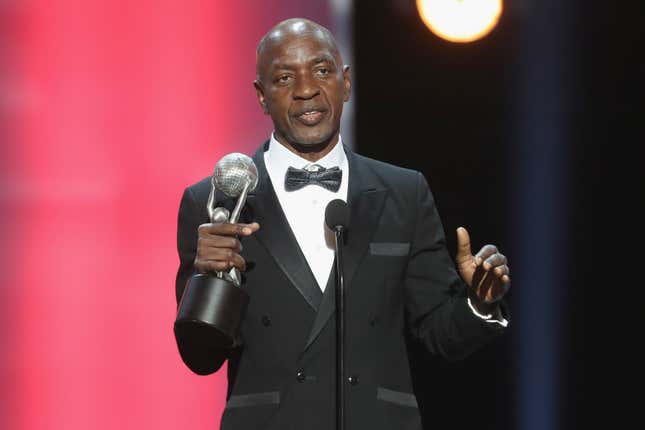[ad_1]

If the descendants of enslaved folks on this nation ever get reparations, lots of the recipients most definitely gained’t know the identify Charles J. Ogletree Jr. However whether or not they know his identify or no longer, any person who advantages from imaginable reparations someday, or any selection of felony and social theories in regards to the remedy of Black folks in america, will owe him a debt.
Ogletree died of Alzheimer’s Disease on Friday on the age of 70 in Maryland, the place he spent the closing a number of years of his lifestyles. However he spent essentially the most distinguished a part of his profession as a professor and massive of a public highbrow at Harvard Regulation College. He helped lay what many nonetheless was hoping will be the felony framework for Black American citizens to obtain recompense for the social and financial injury underpinned by means of the legacy of slavery. He advocated the similar for the survivors of the Tulsa Bloodbath of 1921, a racially-motivated rebel by which a still-uncounted selection of Black citizens of a thriving group have been killed in an armed struggle with a white mob.
However Ogletree wasn’t only a felony theorist. He used to be an energetic and sought-after felony practitioner. He represented Anita Hill–herself a felony pupil–when she testified throughout Senate affirmation hearings that then-Splendid Court docket nominee Clarence Thomas had sexually stressed her. He used to be a few of the attorneys who represented Tupac Shakur in different felony circumstances earlier than his loss of life. He’s credited with being a few of the legislation professors who taught and influenced Barack and Michelle Obama. The courthouse in his local Merced County, Calif., used to be named after him previous this 12 months. His circle of relatives donated an enormous archive of his writings and different fabrics to Harvard Regulation College closing 12 months; the legislation faculty labored with The Historical past Makers, a gaggle devoted to conserving essential items of African-American historical past, to digitize the gathering and make it available to the general public.
Regardless of his lifetime accolades and stratospheric connections, Ogletree used to be the rest however inaccessible. He allowed his scholars, colleagues or even informal acquaintances to handle him as “Tree”— the shortening of his closing identify sufficing for many within the felony occupation or a few of the Black elite to acknowledge the reference.
Ogletree published in 2016 that he’d be recognized with Alzheimer’s illness; he retired from Harvard Regulation in 2020.
[ad_2]








